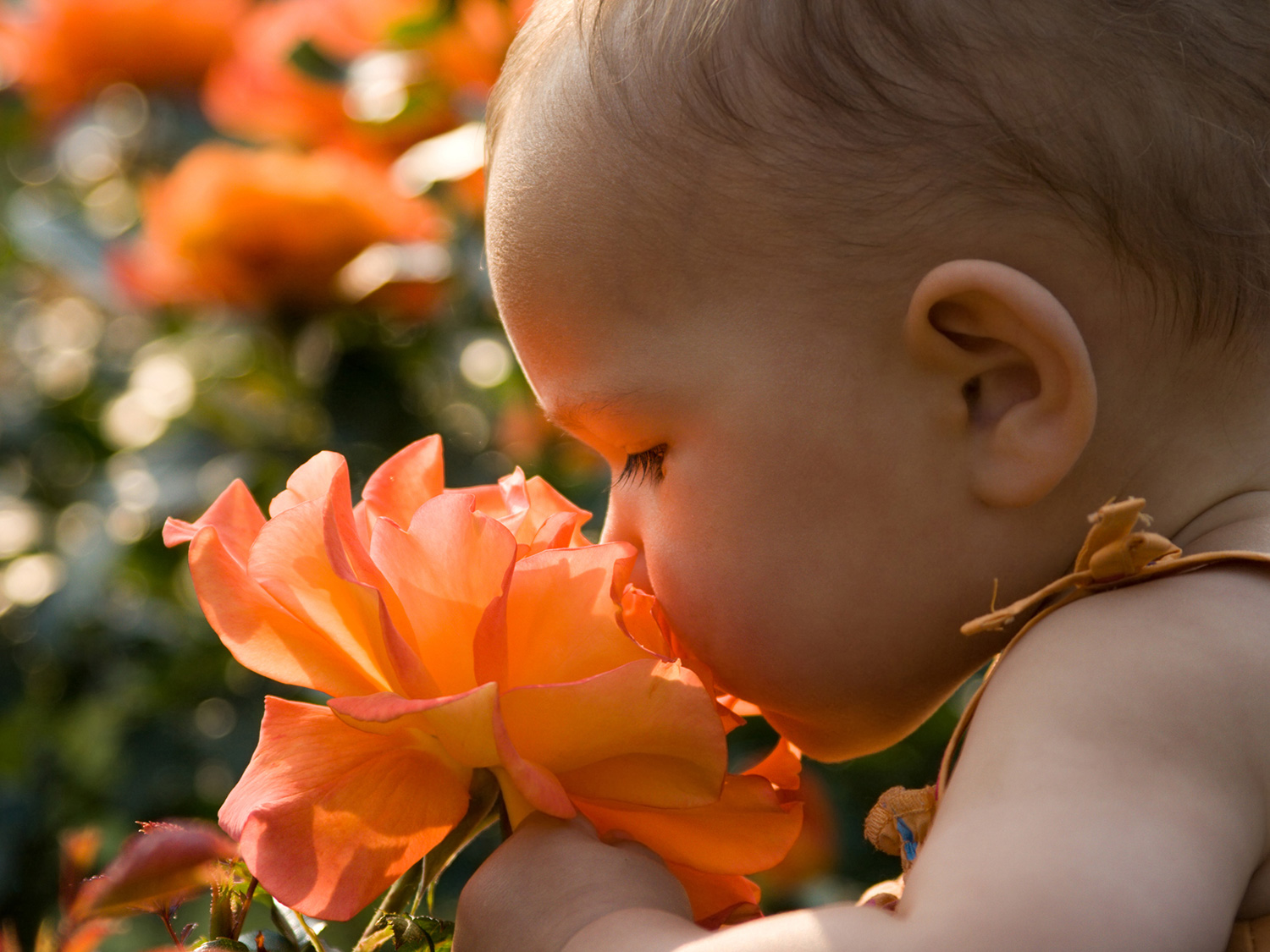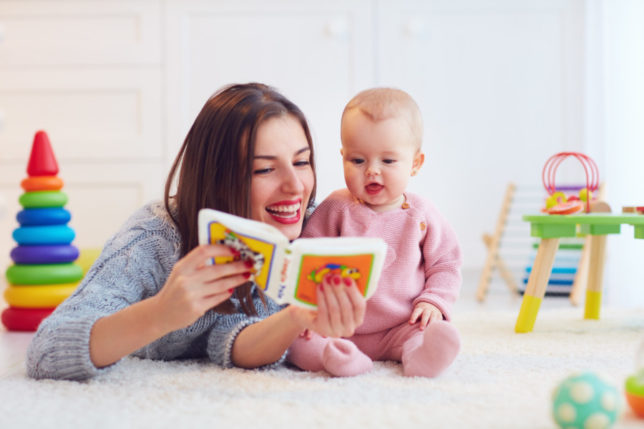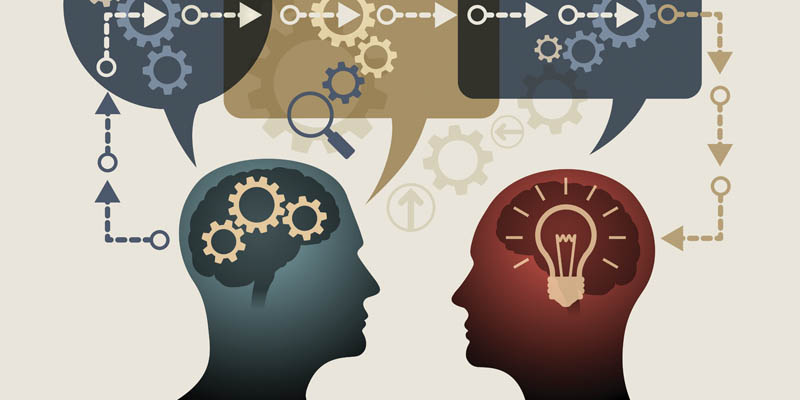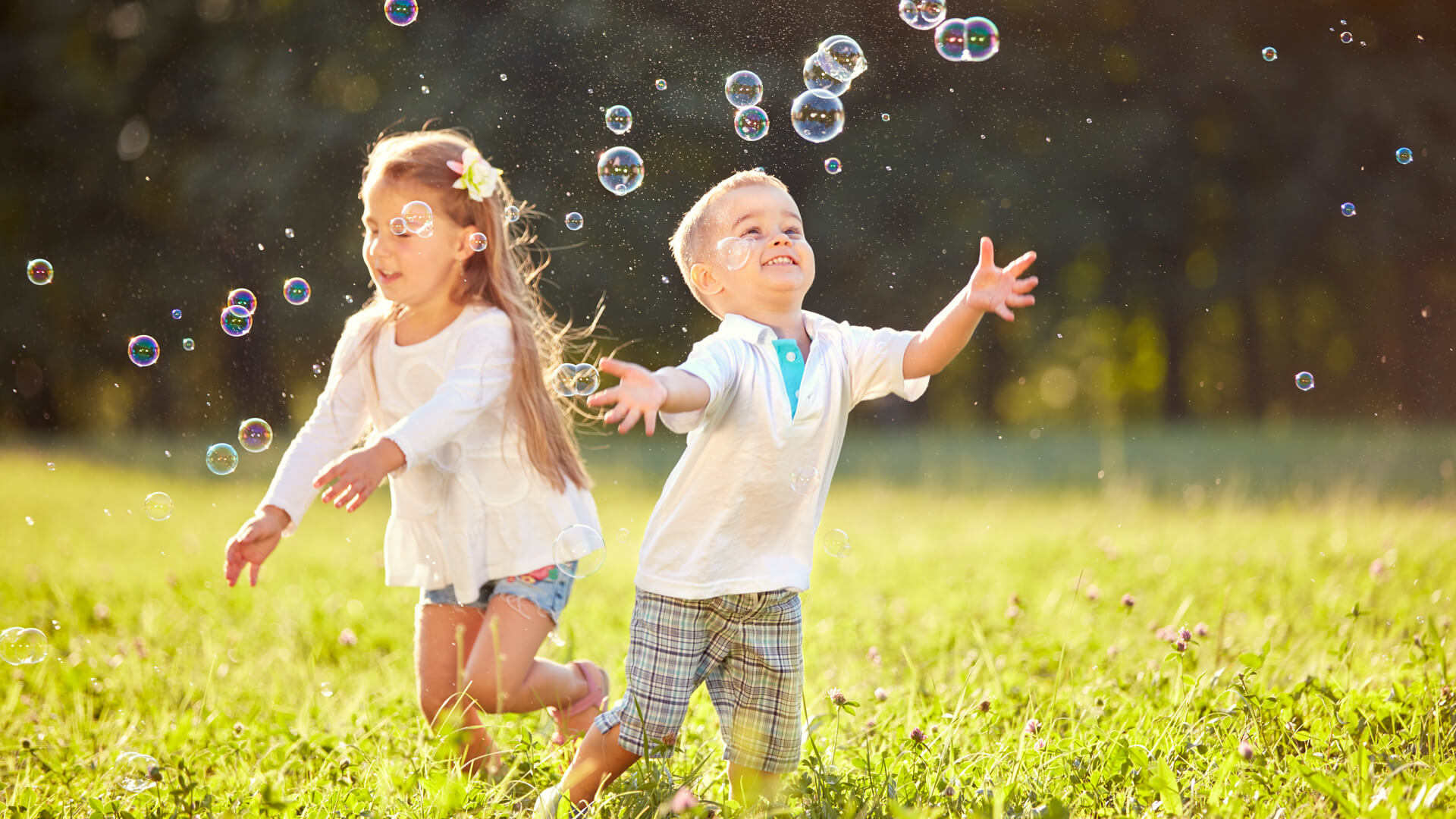Language development in infants
Home » » Language development in infantsYour Language development in infants images are available in this site. Language development in infants are a topic that is being searched for and liked by netizens today. You can Download the Language development in infants files here. Get all royalty-free vectors.
If you’re searching for language development in infants images information related to the language development in infants interest, you have pay a visit to the right blog. Our site always provides you with suggestions for seeing the maximum quality video and picture content, please kindly search and find more enlightening video content and graphics that fit your interests.
Language Development In Infants. Even before children are born, they are exposed to linguistic information and are learning in utero. Without language there would be no way of communicating with others. Talking and reading to infants improves their language skills because infants are being introduced to many new sounds and words, and. However, they follow a natural progression or timetable for mastering the skills of language.
 The Yes Mom From theyesmom.com
The Yes Mom From theyesmom.com
One of the reasons language development is so remarkable is because it is never explicitly taught to young children. Babies can hear our voices even before they get here. Many would say babies are “telling you stories” as they coo and babble during the first year of life. Once they are born, language develops rapidly for the first few years. Language development of deaf infants and children my essay topic is the language development of deaf infants and children. As early as 4 months, infants can distinguish between language sounds and other noise.
Language is a systematic means of communicating through the use of sounds or conventional symbols.
Talking to them as much as possible and giving them opportunities to respond, perhaps with a smile; Yet by four months of age, babies can read lips and discriminate speech sounds. These skills develop best in a world that is rich with sounds, sights, and consistent exposure to the speech and language of others. Language is learned primarily through immersion in a linguistic environment. Talking to your infant for language development There appear to be critical periods for speech and language development in infants and young children when the brain is best able to absorb language.
 Source: liberty.edu
Source: liberty.edu
There appear to be critical periods for speech and language development in infants and young children when the brain is best able to absorb language. Even before children are born, they are exposed to linguistic information and are learning in utero. For instance, they know the difference between a spoken word and a clap. Nurses need to utilize opportunities to enhance sensitive mothering to optimize infant outcomes. There appear to be critical periods for speech and language development in infants and young children when the brain is best able to absorb language.
 Source: scholastic.com
Source: scholastic.com
Children begin developing the tools for language development early in life. Talking to them as much as possible and giving them opportunities to respond, perhaps with a smile; When babies are born, they can already respond to the rhythm of language. Language development is closely connected with the number of words children hear spoken in their early months and years. This neurological research suggests that even preverbal infants can learn statistical patterns in language, indicating that they may have the ability to segment words within continuous speech.
 Source: sloanmagazine.com
Source: sloanmagazine.com
Even before children are born, they are exposed to linguistic information and are learning in utero. Babies can hear our voices even before they get here. Children begin developing the tools for language development early in life. At three months, your baby will most likely coo, smile and laugh. If these critical periods are
 Source: york.ac.uk
Source: york.ac.uk
These skills develop best in a world that is rich with sounds, sights, and consistent exposure to the speech and language of others. Language development becomes more sophisticated as. Many would say babies are “telling you stories” as they coo and babble during the first year of life. As they grow, they learn to listen and understand the sounds of the language and can express themselves in monosyllables, and. Language is a systematic means of communicating through the use of sounds or conventional symbols.
 Source: theyesmom.com
Source: theyesmom.com
Babies learn language by taking in information through their senses of hearing and sight as they learn to process the meanings behind those sights and sounds. These skills develop best in a world that is rich with sounds, sights, and consistent exposure to the speech and language of others. However, they follow a natural progression or timetable for mastering the skills of language. Yet by four months of age, babies can read lips and discriminate speech sounds. Talking to your infant for language development
 Source: speechblubs.com
Source: speechblubs.com
Language development language development is a process starting early in human life, when a person begins to acquire language by learning it as it is spoken and by mimicry. By 6 months of age, most babies recognize the basic sounds of their native language. As they grow, they learn to listen and understand the sounds of the language and can express themselves in monosyllables, and. If these critical periods are One of the first challenges faced by infants during language acquisition is identifying word boundaries in continuous speech.
 Source: especiallyforchildren.com
Source: especiallyforchildren.com
Infants start without knowing a language, yet by 10 months, babies can distinguish speech sounds and engage in babbling.some research has shown that the earliest learning begins in utero when the fetus starts to recognize the sounds and speech patterns of its mother�s voice and differentiate them from. Language is learned primarily through immersion in a linguistic environment. Babies learn language by taking in information through their senses of hearing and sight as they learn to process the meanings behind those sights and sounds. Maternal sensitivity is positively associated with enhanced infant language. Infants communicate by crying when they need food, comfort, or the parent’s companionship.
 Source: zerotothree.org
Source: zerotothree.org
Babies learn language by taking in information through their senses of hearing and sight as they learn to process the meanings behind those sights and sounds. In my opinion, this is an important topic to discuss, due to the lack of public knowledge concerning the deaf population. Language development becomes more sophisticated as. By 6 months of age, most babies recognize the basic sounds of their native language. Theories surrounding language development within infants and young children and how these theories differ in their ideas.
This site is an open community for users to submit their favorite wallpapers on the internet, all images or pictures in this website are for personal wallpaper use only, it is stricly prohibited to use this wallpaper for commercial purposes, if you are the author and find this image is shared without your permission, please kindly raise a DMCA report to Us.
If you find this site serviceableness, please support us by sharing this posts to your own social media accounts like Facebook, Instagram and so on or you can also bookmark this blog page with the title language development in infants by using Ctrl + D for devices a laptop with a Windows operating system or Command + D for laptops with an Apple operating system. If you use a smartphone, you can also use the drawer menu of the browser you are using. Whether it’s a Windows, Mac, iOS or Android operating system, you will still be able to bookmark this website.